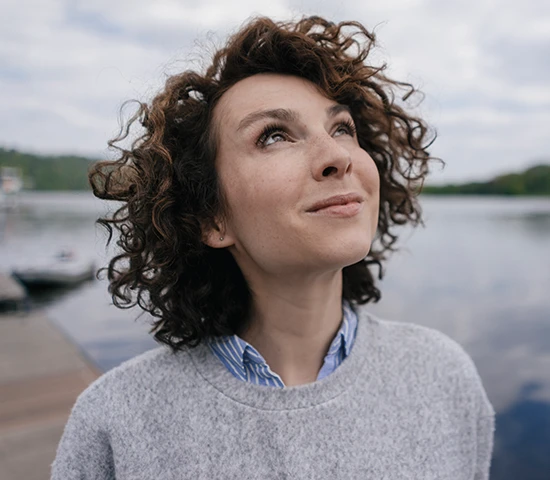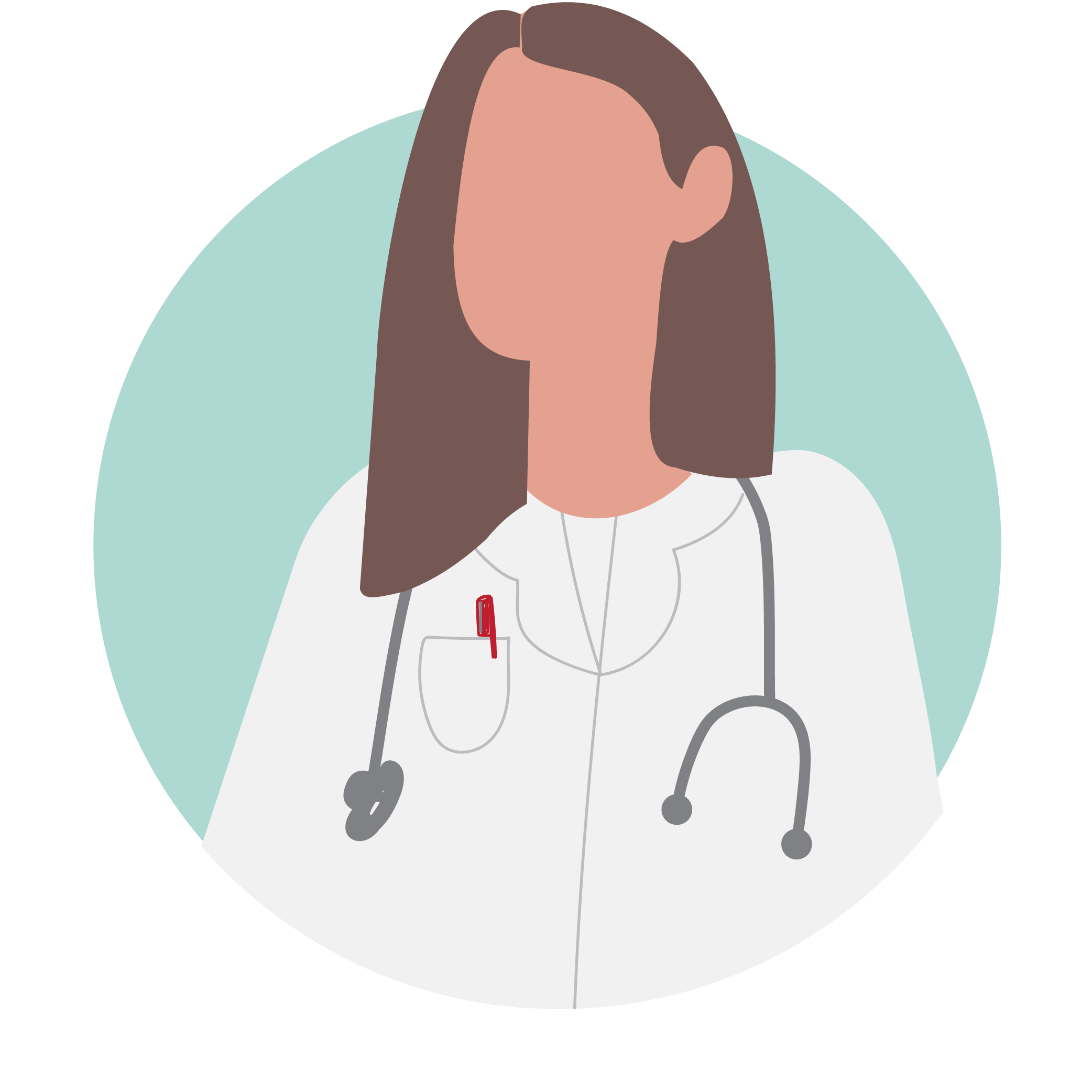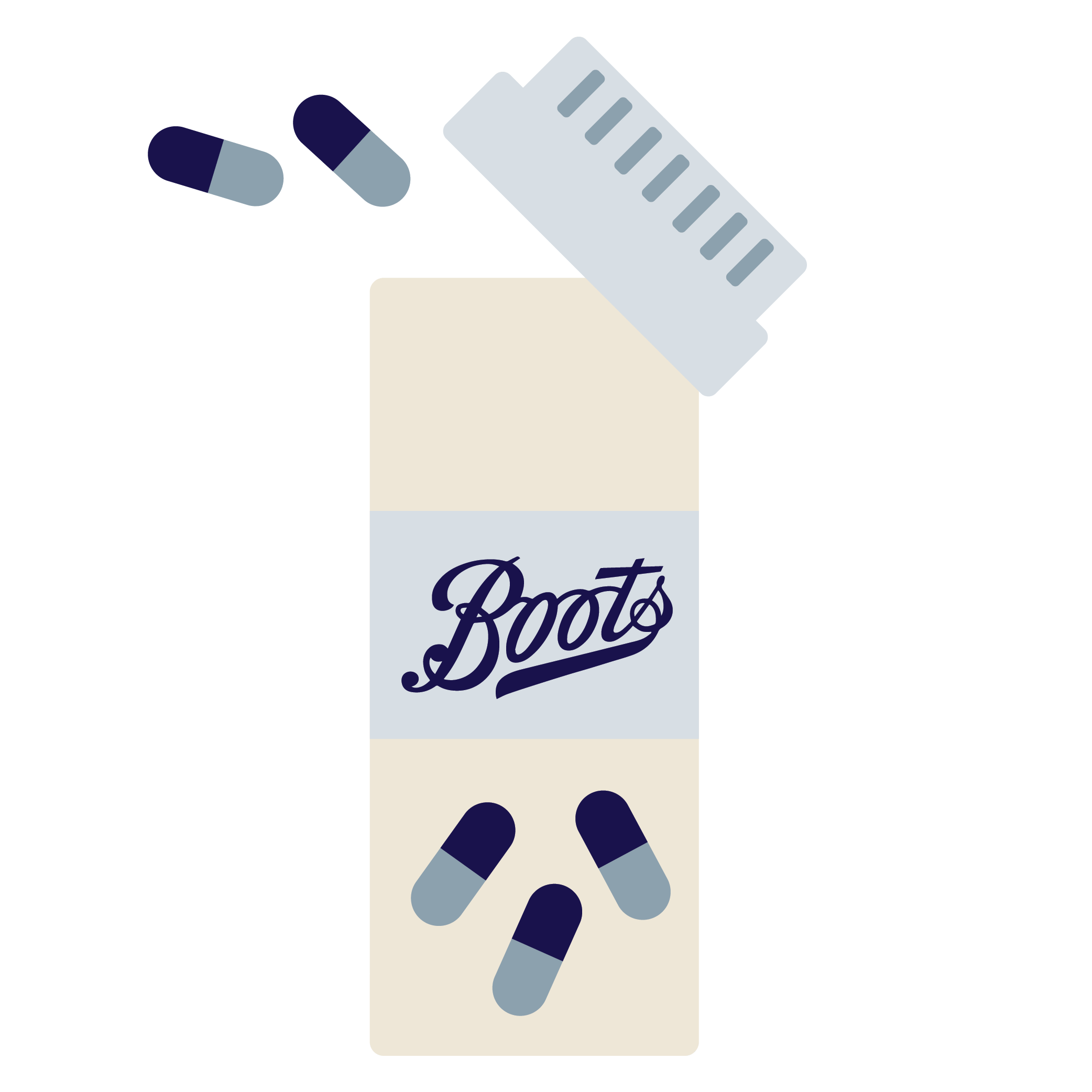


ALTITUDE SICKNESS MEDICINES & TREATMENT

Get the treatment you need so that altitude sickness doesn’t ruin your trip
How it works

Complete online consultation
Tell us your health history, select pick up in store or delivery, make payment. Takes 5–10 minutes

Clinical assessment
We’ll review everything within 24 hours and prescribe treatment if appropriate. We’ll message or call you if we have any follow-up questions.

Pick up in store or deliver to your door
We provide simple instructions on how to take your treatment as well as advice on how to prevent altitude sickness.

New to online consultations?
Just like your local GP, we’re here to support you with expert, confidential advice and treatment but without the travel and waiting time. You can reach us whether you’re relaxing at home or hard at work. With pick up in store or free standard delivery, you’ll get fast access to the altitude sickness treatment you need, if suitable for you.
GET STARTEDAltitude sickness — don’t let it ruin the view
Altitude sickness can happen when you ascend to high altitude, usually above 3000 metres, too quickly. Your body struggles to adapt to the lower levels of oxygen in the air and you can feel dizzy, tired, or short of breath. You might also have a headache and nausea.
If you’re planning to travel somewhere above an altitude of 3000 metres, we can prescribe Acetazolamide tablets off-label, if appropriate for you. When taken correctly, the tablets can help your body to get used to higher altitudes more quickly.
GET STARTED
We offer Acetazolamide tablets to prevent altitude sickness.
Learn important information about Acetazolamide tablets.Get the facts about altitude sickness from Dr Christina
Learn more about altitude sickness
What are the symptoms of altitude sickness? What can I do to prevent it?
Find out more

